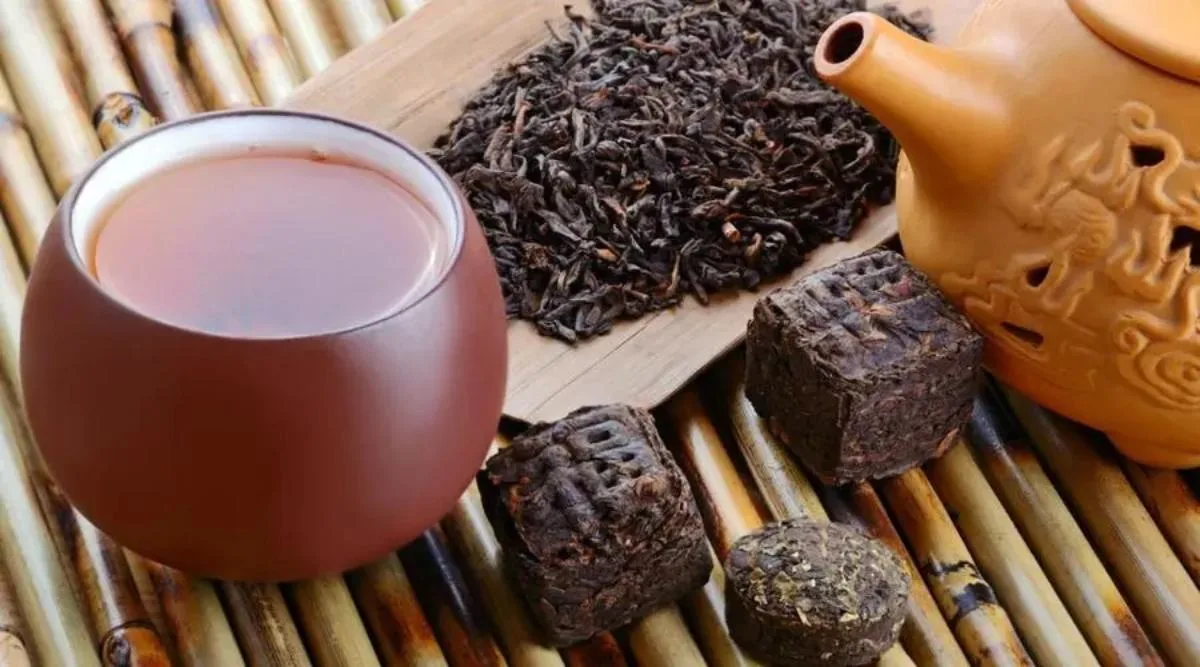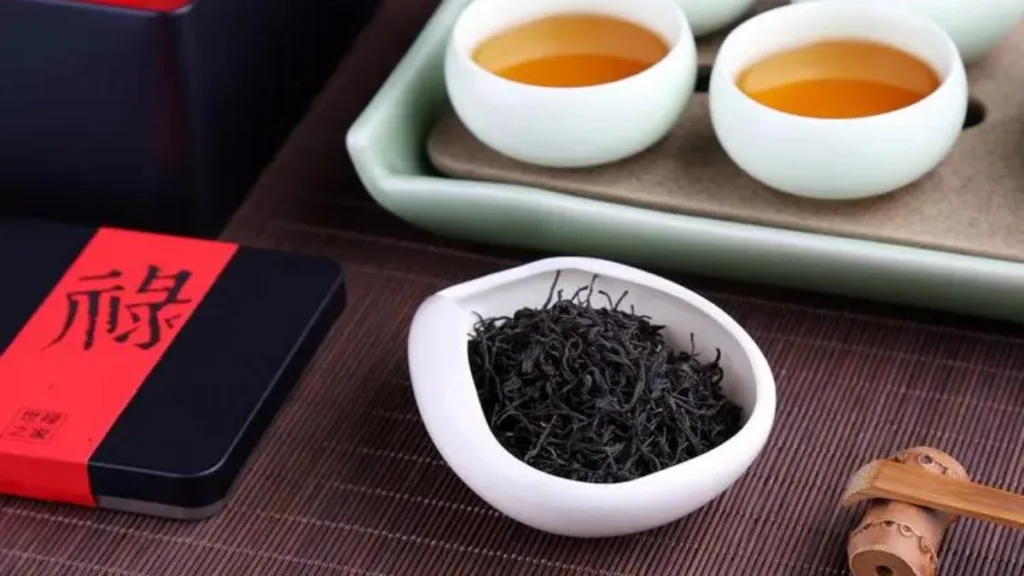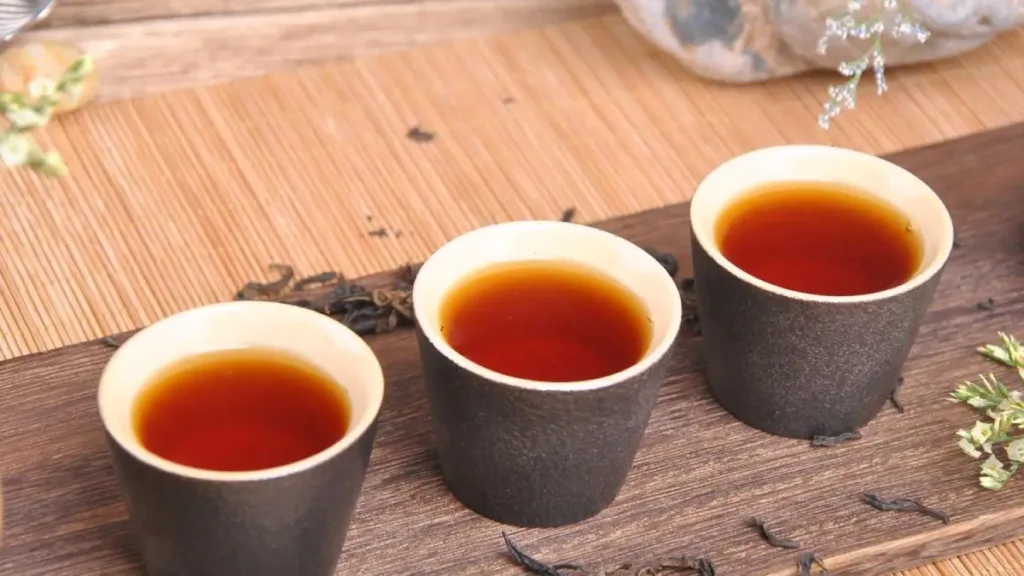Constipation is a common concern for many individuals, particularly among the elderly, pregnant and breastfeeding women, bedridden patients, and those experiencing chronic constipation. While various methods exist to address constipation, including increased water intake and a diet rich in fruits and vegetables, the question arises: Can black tea be a remedy for constipation? In this exploration, we delve into the potential benefits of black tea in promoting bowel movements and alleviating constipation.
The Constipation Challenge: Constipation, characterized by difficulty in bowel movements, is influenced by factors such as age, dietary habits, medications, and gastrointestinal conditions. For individuals with mild constipation, incorporating fresh fruits and vegetables rich in dietary fiber, along with regular exercise and abdominal massage, may improve symptoms. However, severe cases may require medical evaluation to rule out conditions like intestinal obstruction before considering treatments such as lactulose solution.
Black Tea’s Role in Constipation Relief: Black tea, a common beverage rich in amino acids, carotenoids, vitamins, calcium, and phosphorus, is known to provide energy, improve digestion, and offer certain health benefits. In moderate amounts, black tea can contribute to lubricating the intestines and promoting bowel motility, potentially aiding in constipation relief. It’s important to note that while black tea may assist with mild constipation, individuals with severe symptoms should seek medical advice for proper medication-based treatments.
Dietary Considerations for Constipation: In addition to exploring the potential benefits of black tea, managing constipation involves dietary adjustments. Increasing fiber intake through vegetables like leeks, celery, seaweed, and sweet potatoes, along with incorporating whole grains, supports regular bowel movements. Adequate hydration softens stool and accelerates metabolism, facilitating bowel movements. Regular physical activity, such as running or jumping rope, contributes to digestive well-being. Fruits like grapefruit, apples, kiwi, and bananas are recommended, while honey water, with its heat-clearing and detoxifying properties, is cited as an effective remedy for constipation.
Cautions and Considerations: While black tea may offer potential relief for constipation, it’s crucial to consider the impact of drinking tea on an empty stomach. Tea contains substances like catechins that can be mildly irritating to the stomach lining. Prolonged consumption on an empty stomach may lead to gastric mucosal damage. Therefore, it is advisable to avoid drinking tea on an empty stomach and to balance tea consumption with a well-rounded diet.
In conclusion, black tea emerges as a potential ally in addressing mild constipation due to its bowel-promoting properties. However, it is essential to recognize the severity of symptoms and consult with healthcare professionals for appropriate guidance, especially in cases of chronic or severe constipation. Balancing a diet rich in fiber, hydration, regular exercise, and the occasional inclusion of black tea may contribute to overall digestive well-being.



